The prime focus of our Institute is to understand human pathology, primarily in the central nervous system, cancer, and immune-mediated diseases. To this end we integrate and curate ‘big’ biomedical data using automated systems and extract disease-relevant information using statistical, graph, and machine learning approaches. We then use the insights we have gained to understand, predict, and potentially cure human malady. Our central technical focus is currently the development and application of deep learning-based algorithms to boost the performance of clinical decision support systems.
The prime focus of our Institute is to understand human pathology, primarily in the central nervous system, cancer, and immune-mediated diseases. To this end we integrate and curate ‘big’ biomedical data using automated systems and extract disease-relevant information using statistical, graph, and machine learning approaches. We then use the insights we have gained to understand, predict, and potentially cure human malady. Our central technical focus is currently the development and application of deep learning-based algorithms to boost the performance of clinical decision support systems.
Research
Knowledge bases: Although recent progress in biomedicine has made it possible to obtain quantitative information for thousands to tens of thousand entities in a few hours we are still far from understanding disease. So how come that the knowledge that we are accumulating with lightning speed is not sufficient to understand what goes wrong in a human body?
We strongly believe that data integration and re-use is what is currently limiting our understanding, which is why we build intelligent ‘knowledge-bases’. We build automated software systems to extract, transform, normalize, and analyze ‘big’ biological data. This means that we can compare hundreds of diseases at the same time; across genomic, epigenetic, transcriptomic, and protein levels; considering age, gender, and medication.
Machine Learning: To strip our knowledge-bases of their secrets we use statistical inference and machine learning approaches. On the one hand, we use classical machine learning as well as deep learning approaches to stratify and predict disease. On the other hand, we use them to understand how diseases come about and extract detailed mechanisms of human pathology. Especially for the latter task we develop and apply state-of-the-art deep learning algorithms to learn and extract disease-relevant features that can later be used to reproduce and cure pathology. Ultimately, our insights will fuel medical researchers and pharmaceutical engineers to understand and combat human malady.
Research
Knowledge bases: Although recent progress in biomedicine has made it possible to obtain quantitative information for thousands to tens of thousand entities in a few hours we are still far from understanding disease. So how come that the knowledge that we are accumulating with lightning speed is not sufficient to understand what goes wrong in a human body?
We strongly believe that data integration and re-use is what is currently limiting our understanding, which is why we build intelligent ‘knowledge-bases’. We build automated software systems to extract, transform, normalize, and analyze ‘big’ biological data. This means that we can compare hundreds of diseases at the same time; across genomic, epigenetic, transcriptomic, and protein levels; considering age, gender, and medication.
Machine Learning: To strip our knowledge-bases of their secrets we use statistical inference and machine learning approaches. On the one hand, we use classical machine learning as well as deep learning approaches to stratify and predict disease. On the other hand, we use them to understand how diseases come about and extract detailed mechanisms of human pathology. Especially for the latter task we develop and apply state-of-the-art deep learning algorithms to learn and extract disease-relevant features that can later be used to reproduce and cure pathology. Ultimately, our insights will fuel medical researchers and pharmaceutical engineers to understand and combat human malady.
Research Groups
Research Groups
Teaching
We are teaching courses in machine and deep learning to physicists and computer scientists. We offer courses in bioinformatics, systems biology, data analysis, and programming for students with various backgrounds, ranging from computer scientists to medical students.
In addition, we offer seminar series with external speakers on advanced topics and recent scientific breakthroughs in biomedical AI via our bAIome lecture series
Teaching
We are teaching courses in machine and deep learning to physicists and computer scientists. We offer courses in bioinformatics, systems biology, data analysis, and programming for students with various backgrounds, ranging from computer scientists to medical students.
In addition, we offer seminar series with external speakers on advanced topics and recent scientific breakthroughs in biomedical AI via our bAIome lecture series
Opportunities
We are continuously taking on talented bachelor, master, PhD, and postdoctoral students. If you want to join our team of AI experts don’t hesitate to contact us [Michael.Brehler at zmnh.uni-hamburg.de]. Please also consider openings at our bAIome Center for Biomedical AI at the University Medical Center of Hamburg-Eppendorf (bAIome.org).
Opportunities
We are continuously taking on talented bachelor, master, PhD, and postdoctoral students. If you want to join our team of AI experts don’t hesitate to contact us [Michael.Brehler at zmnh.uni-hamburg.de]. Please also consider openings at our bAIome Center for Biomedical AI at the University Medical Center of Hamburg-Eppendorf (bAIome.org).


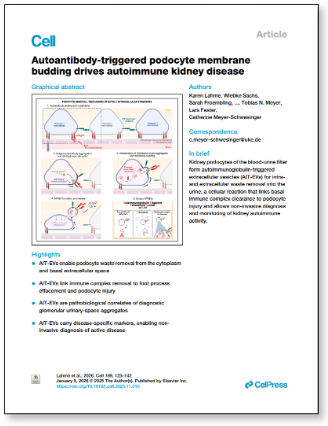
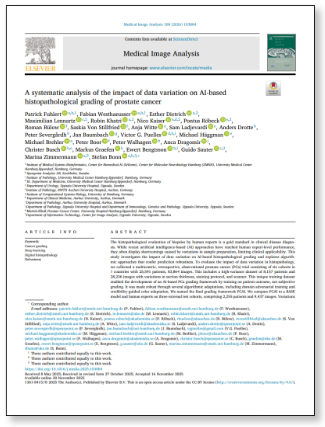
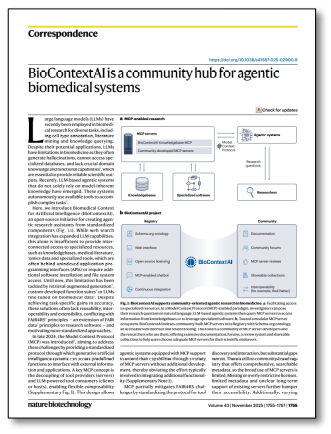
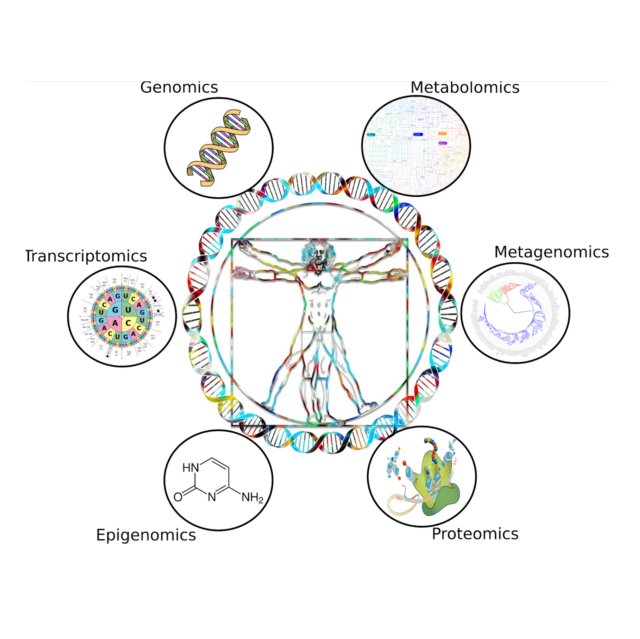
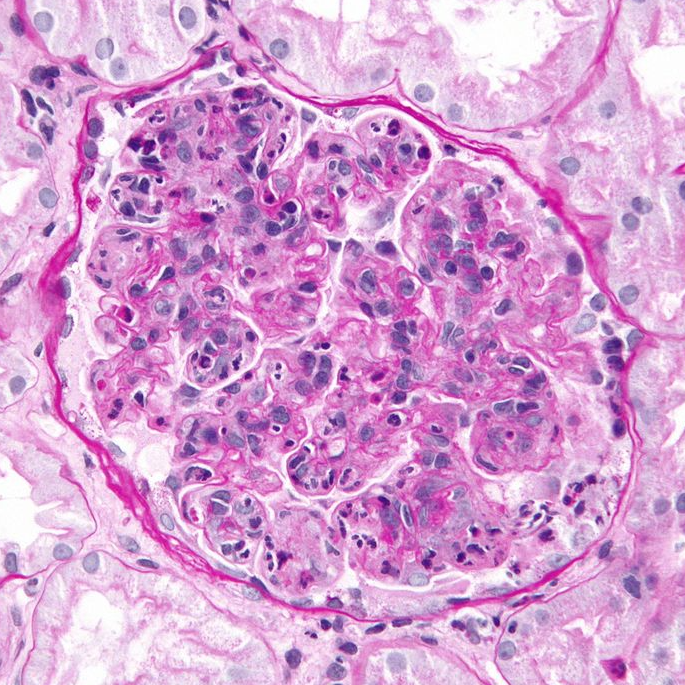
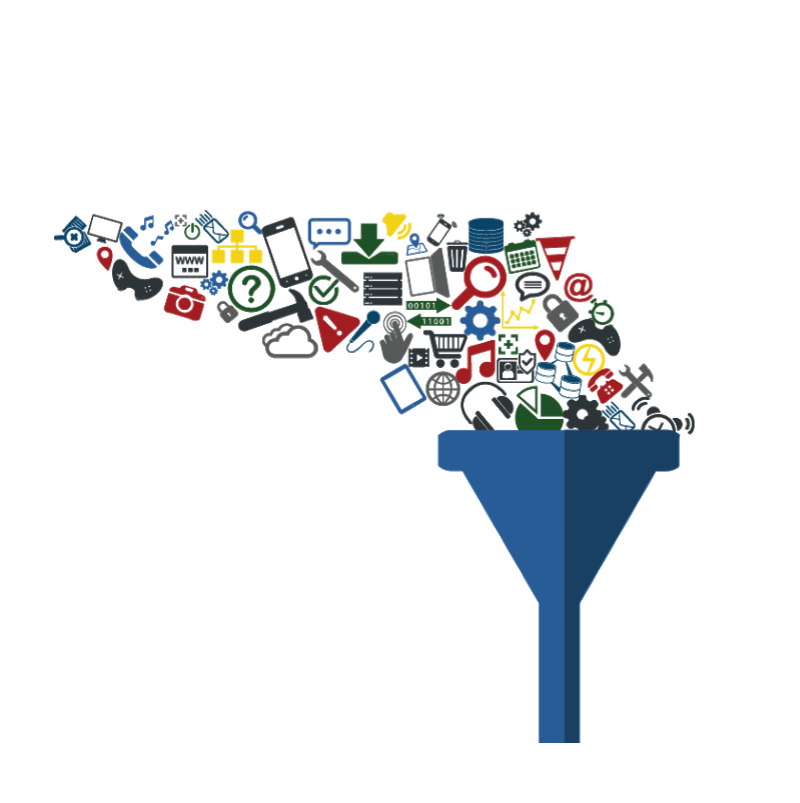
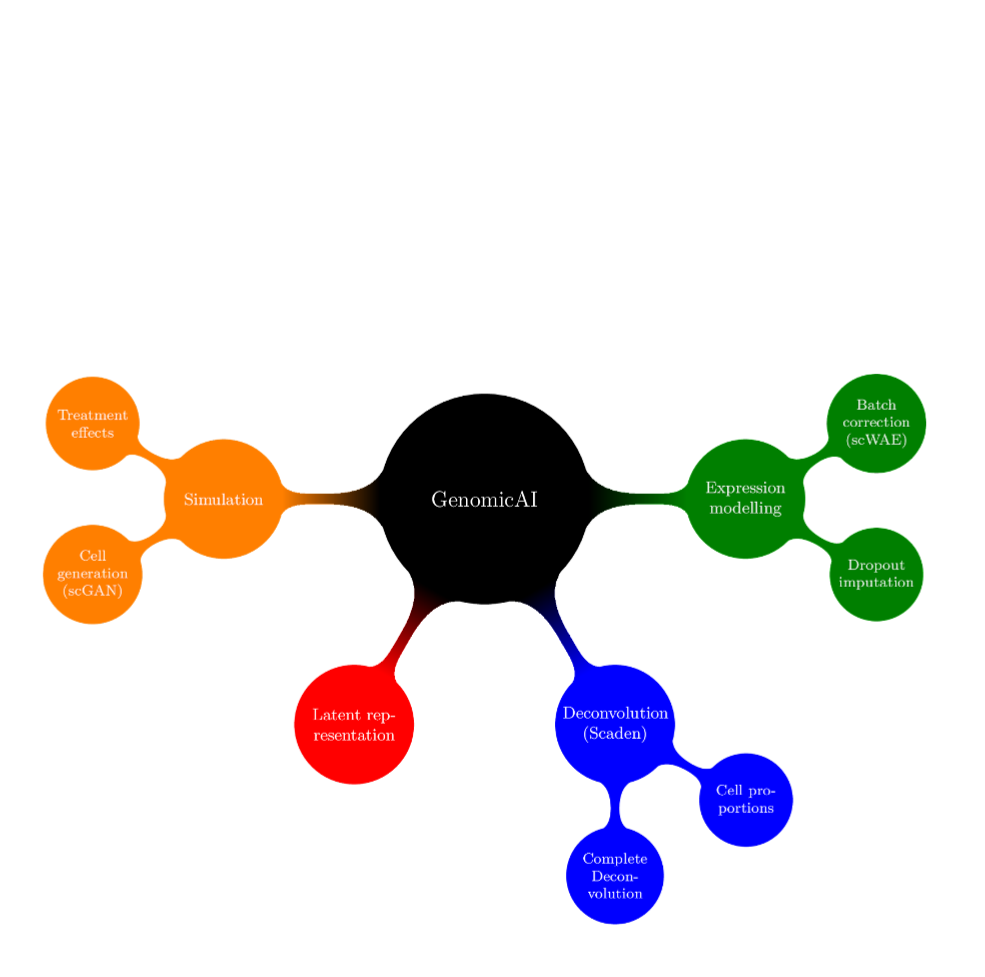
Stay In Touch